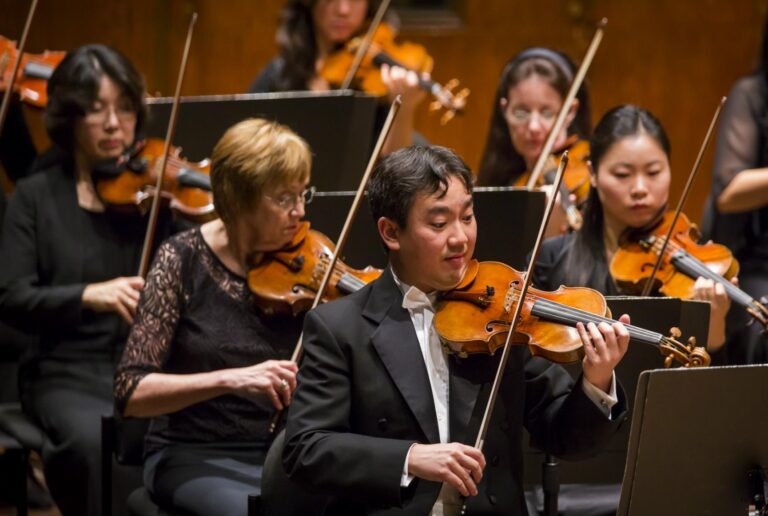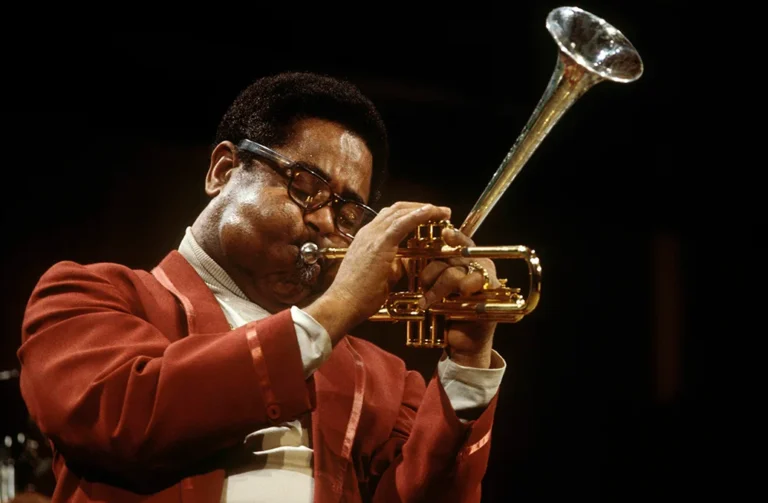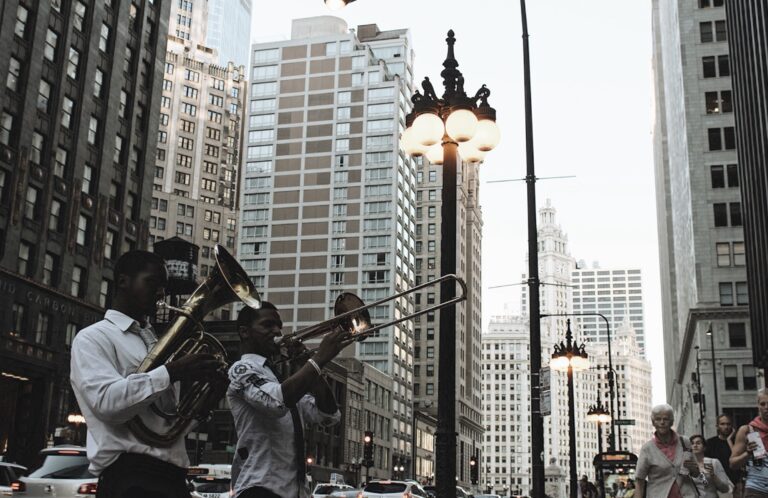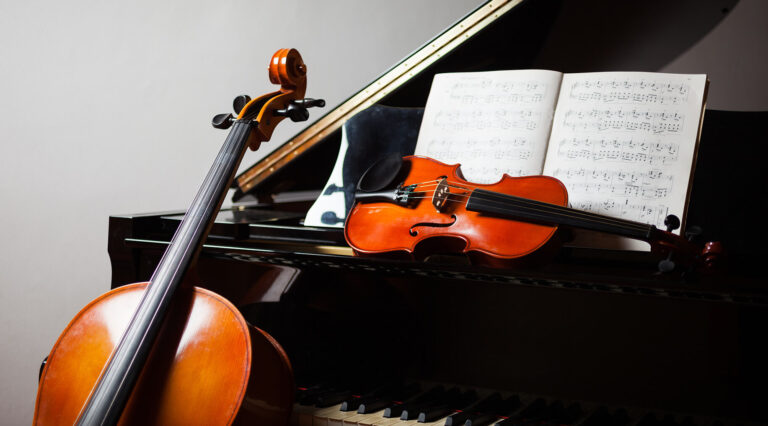The World’s Greatest Pianists: A Glimpse into Their Virtuosity
Music has the power to move our souls and take us on a journey of emotions. And when it comes to piano music, there are certain virtuosos who have left an indelible mark in history with their exceptional skills and musical prowess. From the flamboyant Franz Liszt to the melancholic Frederic Chopin, from the intense Sergei Rachmaninoff to the revolutionary Ludwig van Beethoven and from the child prodigy Wolfgang Amadeus Mozart – each one of them has carved a niche for themselves in the world of classical piano music. Join me as we take a closer look at some of these greatest pianists who ever lived.
Franz Liszt
Franz Liszt was a Hungarian pianist and composer who lived in the 19th century. He was known for his flamboyant performing style, which included dramatic gestures and virtuosic flourishes. Liszt’s technical ability on the piano was unparalleled, and he pushed the boundaries of what was possible with the instrument.
One of Liszt’s most famous works is “Hungarian Rhapsody No. 2,” which combines traditional Hungarian folk music with classical structures. The piece has been featured in numerous films, including “Who Framed Roger Rabbit?” and “The Great Dictator.”
In addition to his musical accomplishments, Liszt also had a reputation as a ladies’ man. He had many romantic relationships throughout his life, including affairs with married women.
Despite his controversial personal life, Franz Liszt remains one of the most influential pianists and composers in history. His innovative techniques and passionate performances continue to inspire musicians today.
Frederic Chopin
Frederic Chopin is widely regarded as one of the most influential composers of the Romantic era. Born in Poland in 1810, he began playing piano at a young age and quickly demonstrated his exceptional talent. His music reflects his emotions and personal experiences, often characterized by passionate melodies and intricate harmonies.
Chopin’s compositions include a vast array of works for solo piano, ranging from etudes to nocturnes and polonaises. He was known for creating technically challenging pieces that required great skill and precision from the performer, yet also imbued them with incredible emotional depth.
One notable aspect of Chopin’s style is his use of rubato, a flexible tempo technique where certain notes are held longer or played shorter than their written value. This allowed him to infuse an improvisational quality into his performances that set him apart from other pianists of his time.
Despite suffering from poor health throughout much of his life, Chopin continued to compose until shortly before his death at the age of 39. Today, he remains beloved by musicians and audiences alike for his masterful compositions that continue to inspire new generations of performers.
Sergei Rachmaninoff
Sergei Rachmaninoff was a Russian pianist, composer and conductor of the late Romantic period. He is widely regarded as one of the greatest pianists of all time, renowned for his virtuosity and expressive power.
Rachmaninoff’s music is known for its lush harmonies, lyrical melodies and exquisite piano writing. His Piano Concerto No. 2 in C minor remains one of the most popular works in the classical repertoire.

As a performer, Rachmaninoff had an enormous hand span that allowed him to play incredibly difficult passages with ease. He was also known for his sensitive interpretations and ability to convey deep emotion through his playing.
Despite his success as a musician, Rachmaninoff struggled with self-doubt throughout his career. This led him to seek therapy with psychologist Nikolai Dahl in 1900, who helped him overcome his anxiety and regain confidence in himself as both a performer and composer.
Sergei Rachmaninoff’s legacy has continued long after his death due to the sheer beauty and emotional impact of his music.
Ludwig van Beethoven
Ludwig van Beethoven was a German pianist and composer who lived during the late 18th and early 19th century. He is widely regarded as one of the greatest composers in classical music history, with his compositions being known for their emotional depth, technical innovation, and groundbreaking use of form.
Beethoven began studying music at an early age under the tutelage of his father, but it wasn’t until he moved to Vienna that he truly found his voice as a composer. Here, he studied under renowned musicians such as Haydn and Salieri, eventually establishing himself as a virtuoso pianist and highly respected composer.

One of Beethoven’s most famous works is his Ninth Symphony. This masterpiece features a full orchestra accompanied by vocal soloists and choir singing Friedrich Schiller’s poem “Ode to Joy.” The symphony has become synonymous with triumph over adversity due to its composition during Beethoven’s struggle with deafness.
Beethoven’s piano sonatas are also some of the most celebrated pieces in classical music history. His Moonlight Sonata is particularly well-known for its haunting beauty. In fact, these works were so influential that they set new standards for what could be achieved on the piano.
Despite suffering from profound hearing loss throughout much of his life – which ultimately led to complete deafness- Beethoven continued composing masterpieces up until weeks before his death in 1827 at age 56.
It goes without saying that Ludwig van Beethoven had left an indelible mark on classical music history through his innovative compositions -and this influence can still be felt today!
Wolfgang Amadeus Mozart
Wolfgang Amadeus Mozart is a name that needs no introduction in the world of classical music. He was born in Salzburg, Austria on January 27th, 1756 and lived only until the age of 35. However, during his short life span, he managed to leave an indelible mark on classical music with his exceptional musical compositions.
Mozart showed prodigious talent from a very young age and began composing at the tender age of five. By the time he was ten years old, he had already composed several symphonies and operas. His unique style of composition has been admired by many musicians throughout history.
His works are characterized by their intricacy and complexity while still being melodious enough for common listeners to enjoy them as well. One notable example of this is his famous opera “The Marriage of Figaro”, which is considered one of the greatest masterpieces in all operatic literature.
Although Mozart’s career was brief, it was highly productive; producing more than 600 works across different genres including symphonies, concertos, chamber music pieces among others. Even after his death over two centuries ago, Mozart continues to be celebrated today as one of the greatest composers ever known.
Wolfgang Amadeus Mozart’s influence on classical music cannot be overstated – even long after his untimely death. His legacy lives on through his numerous compositions that continue to inspire generations of aspiring musicians worldwide.
In this article, we’ve taken a glimpse into the virtuosity of some of the greatest pianists to ever grace our world. From Franz Liszt’s technical brilliance and showmanship to Frederic Chopin’s emotive and romantic compositions, from Sergei Rachmaninoff’s powerful playing to Ludwig van Beethoven’s revolutionary approach, and from Wolfgang Amadeus Mozart’s prodigious talent as a child to his enduring legacy as one of history’s most celebrated composers.
It is clear that each pianist brought something unique to their craft, pushing boundaries and inspiring future generations with their music. Their contributions have not only shaped the classical music genre but also continue to influence modern-day pianists across various genres.
As we reflect on these great artists and their legacies, it is important to remember that they were individuals who dedicated themselves wholeheartedly to their passion for music. They provide us with inspiration not just in terms of musical excellence but also in living life with purpose.
The world will forever be indebted to these legendary figures for enriching our lives through their priceless gift of music.







